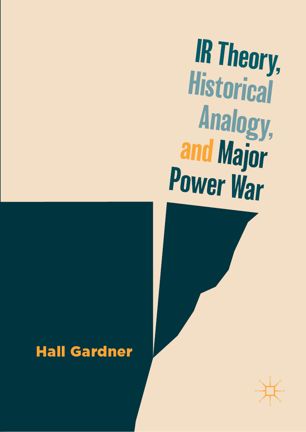

Most ebook files are in PDF format, so you can easily read them using various software such as Foxit Reader or directly on the Google Chrome browser.
Some ebook files are released by publishers in other formats such as .awz, .mobi, .epub, .fb2, etc. You may need to install specific software to read these formats on mobile/PC, such as Calibre.
Please read the tutorial at this link: https://ebookbell.com/faq
We offer FREE conversion to the popular formats you request; however, this may take some time. Therefore, right after payment, please email us, and we will try to provide the service as quickly as possible.
For some exceptional file formats or broken links (if any), please refrain from opening any disputes. Instead, email us first, and we will try to assist within a maximum of 6 hours.
EbookBell Team

4.3
98 reviewsThis book critically examines elements of America-First nationalism, neo-conservatism, neo-realism, neo-liberalism, environmental theories, and social constructionism by way of developing an “alternative realist” approach to the study of the origins of major power war. The author critiques concepts of “polarity” and “sovereign” decision making and diplomacy before developing the concept of “highly uneven polycentrism.” The book then develops a unique comparative historical approach that seeks to compare and contrast the pre-World War I, pre-World War II, and Cold War eras with the contemporary post-Cold War period. It is argued that the US, as it remains the leading global hegemon, must fully engage in multilateral diplomacy with major friends and rivals alike in the establishment of differing forms of power sharing and joint sovereignty accords—in order to prevent the global system from polarizing into two contending alliances more reminiscent of both the pre-World War I and pre-World War II periods than the “new Cold War.”